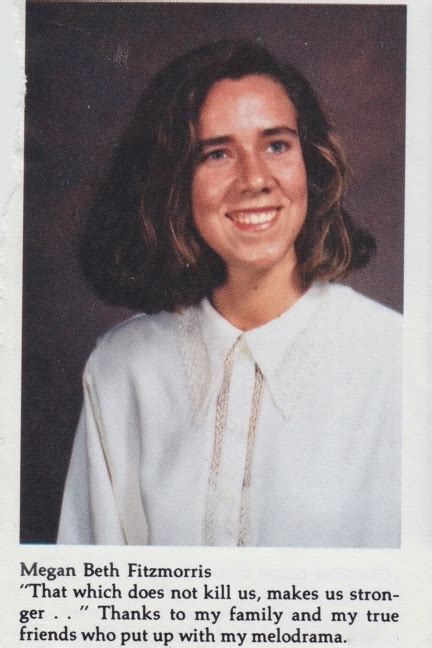A Quote by Sarah Kay
Sometimes I am puzzling over something for months and months and the poem gets created in small bursts and rewritten a hundred times, and chopped up and put back together, etc. Occasionally, though rarely, a poem just plops out of my head fully-formed. But always it is a blueprint of what my brain is trying to navigate at that moment.
Related Quotes
The subject of the poem usually dictates the rhythm or the rhyme and its form. Sometimes, when you finish the poem and you think the poem is finished, the poem says, "You're not finished with me yet," and you have to go back and revise, and you may have another poem altogether. It has its own life to live.
I read the poem [In a Dark Time by Theodore Roethke] because I was intrigued and had one of those strange senses: "This poem is kind of important to me. I don't know why, but I'm going to just keep it in the back of my mind." I just kept coming back to it. As I started putting the book together and writing the stories for it, this idea of buzzing as a word kept popping up in my brain.
Plagiarism has been around far longer than the Internet. In fact, I had a poem published in 'Seventeen' magazine when I was 15 years old. About a year later I was informed that there was a girl who used that same poem to win a statewide poetry competition in Alabama. It took months for people to put together that this had happened.
There are times as an actor when you don't work for two months, sometimes three or sometimes six, and the only thing that's going to keep you sane is if you give back and live your life. I've definitely gone through that. It's like, 'Okay, I'm out of work for two months.' That's two months I can paint.
I am always interested in the ways of scoring the sound of the poem, especially a poem with long lines. Spaces within a line, double colons, slashes, are indications of pause, of breath, of urgency, they are not metrically exact as in a musical notation but they serve (I hope) to make the reader think about the sound of the poem - just as traffic symbols, when driving, make us almost unconsciously aware of a steep hill, an intersection, an icy bridge etc.
People I know who succeed don't mind working. Those who are competent seem to like doing things well -- not stopping because they haven't accomplished what they wanted to on the first go-round. They're willing to do it twenty times, if necessary. There's an illusion that the good people can easily do something, and it's not necessarily true. They're just determined to do it right. I was impressed by hearing one of the women at Radcliffe talk about writing a poem, how many revisions a single poem sometimes has to go through -- fifty or sixty revisions to come out with a poem sixteen lines long.
There is all this stuff about how sensitive poets are and how in touch with feelings, etc. they are, but really all we care about is language. At least in the initial stages of the process of writing the poem, though later other things start to come in, and a really good poem usually needs something more than just an interest in the material of language to mean anything to a reader.
It was early on in 1965 when I wrote some of my first poems. I sent a poem to 'Harper's' magazine because they paid a dollar a line. I had an eighteen-line poem, and just as I was putting it into the envelope, I stopped and decided to make it a thirty-six-line poem. It seemed like the poem came back the next day: no letter, nothing.
Poetry is perhaps the oldest art form. We can go back to an age-old idea of naming things, the Adamic impulse - to give something a name has always been an immensely powerful thing. To name something is to own it, to capture it. A poem is still a kind of spell, an incantation. Historically, a poem also invoked: it was a blessing, or a curse, or a charm. It had a motile power, was able to summon something into being. A poem is a special kind of speech-act. In a good poem there's the trance-like effect of language in its most concentrated, naked form.

































